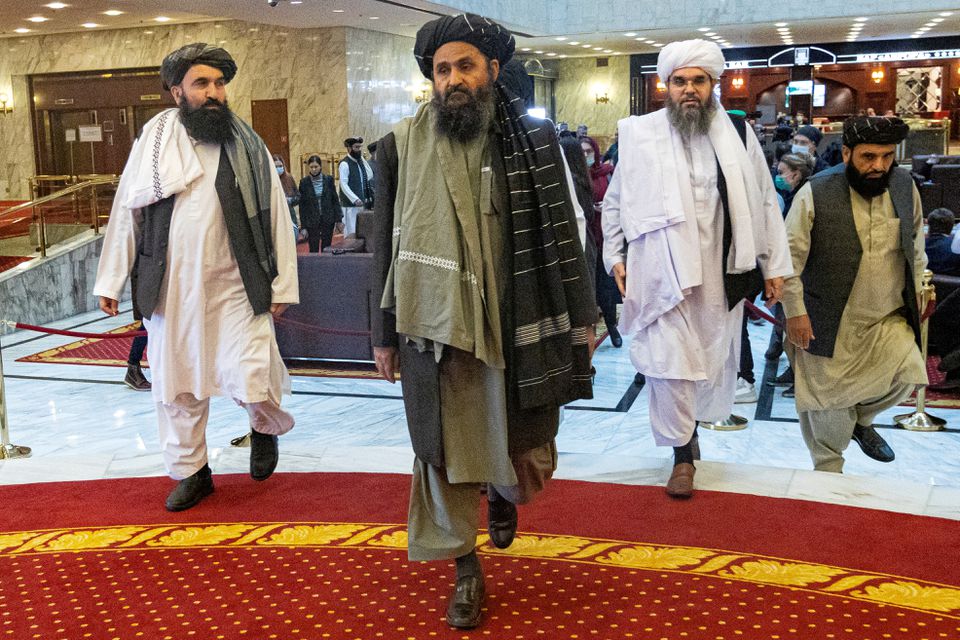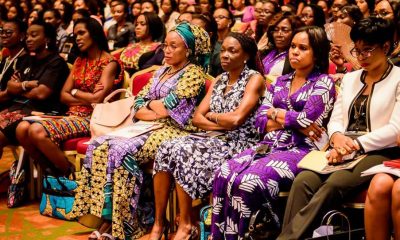Afghan Morality ministry on Friday said women would no longer be allowed in parks because they had not been meeting its interpretation of Islamic attire during their visits.
Mohammad Akif Muhajir, the spokesman for the Ministry for the Propagation of Virtue and Prevention of Vice, made the comments in an interview with local media.
However, when asked about the restrictions, Reuters was referred to audio of the interview.
“For the last 14 or 15 months we were trying to provide an environment according to Sharia (Islamic law) and our culture for women to go to the parks,” he said.
“Unfortunately, the owners of parks didn’t co-operate with us very well, and also the women didn’t observe hijab as was suggested.
“For now, the decision has been taken that they are banned,” he said, referring to the group’s interpretation of the Islamic dress code for women.”
Almost all women in Afghanistan wore head scarf, or hijab, in public. However, the Taliban said women should wear long flowing clothes that covered their bodies and also covered their faces, such as the all-enveloping burqa.
Some women in Kabul and other urban centres did not cover their faces in public and others wore surgical face masks.
Western governments had said the Taliban needed to reverse its course on women’s rights, including a U-turn on signals they would open girls’ high schools, for any path toward formal recognition of the Taliban government.
It was not clear how long the park restrictions would last and whether they would be extended across Afghanistan.
Park operators in western Herat and northern Balkh and Badkahshan provinces said they had not been asked to stop women entering yet.
Some women in those provinces told Reuters they were watching the restrictions in Kabul closely and were worried they might be applied in other provinces.
“Here they haven’t restricted women and girls yet but you will never know when they change their minds,” said a woman in Badakhshan who asked to remain anonymous.
The Taliban said they respected women’s rights in accordance with their interpretation of Islamic law.

 Entertainment5 days ago
Entertainment5 days ago
 Health1 week ago
Health1 week ago
 Health4 days ago
Health4 days ago
 Football1 week ago
Football1 week ago
 Football1 week ago
Football1 week ago
 Crime4 days ago
Crime4 days ago
 Education6 days ago
Education6 days ago
 Crime1 week ago
Crime1 week ago













